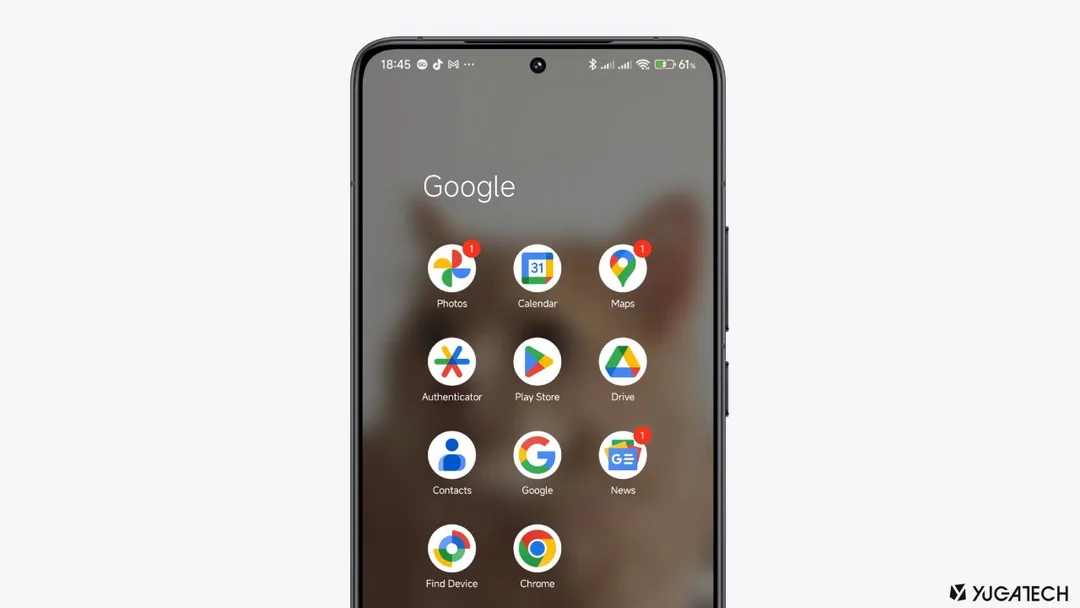
Android at a Crossroads? Samsung’s Crucial Decision as Chinese OEMs Explore Google-Free Alternatives
Is Android facing an existential threat? Following Huawei's departure due to U.S. sanctions, a new challenge looms: a potential collaboration among major Chinese smartphone manufacturers—Xiaomi, BBK Group (parent company of OPPO, Vivo, and OnePlus), and Huawei—to create a Google-free Android alternative. This leaves Samsung at a critical juncture, forcing it to decide its future within the Android ecosystem.
The news of Huawei's exit was already a blow to Android. As noted earlier, the initial sanctions risked a separate Chinese ecosystem, and Huawei's Harmony OS has indeed allowed them to compete fiercely in their home market. Now, with other major players potentially following suit, the implications are enormous.
XiaomiTime reports on the rumors of this collaboration, highlighting the potential for a significant shift in the mobile landscape. If these Chinese OEMs proceed with a Google-free version, Samsung would stand as virtually the sole major Android player outside of Google itself.

The South China Morning Post recently reported on Huawei releasing its first laptop running HarmonyOS, signalling a continued push towards self-reliance: “Huawei unveiling [its] first laptop running [its] self-developed HarmonyOS as [its] Windows licence expires… the laptop, which has not yet been named, operates HarmonyOS 5, also referred to as HarmonyOS Next, the latest iteration of the system. Most Huawei laptops in the market currently run Windows.” This further emphasizes the move away from Western operating systems.
Aside from the Chinese challenge, Samsung also faces pressure from within the Android ecosystem. Google's Pixel devices consistently receive updates and security patches faster than Samsung's, putting Samsung in a position where it always plays catch-up.
Anam Hamid, a tech journalist, points out that smartphones are becoming homogenous. "Smartphones have ceased to be exciting...Smartphone operating systems have been borrowing from each other long enough to look nearly indistinguishable." If the Chinese OEMs move forward, they'd have room to innovate a lot, though she does point out the risks involved with pushing users to a completely new operating system.
If the Chinese OEMs collaborate on their own operating system, it could give Samsung the latitude to redefine its relationship with Google. Samsung gets the AI and apps, but it would have leverage to create an ecosystem that is similar to Apple, but is distinct from Google's.
The optics of Google competing with Samsung and other OEMs while providing their core OS have always been awkward. Perhaps this change was always inevitable, the idea of Chinese OEMs forever beholden to U.S. operating systems seems unlikely.
Samsung now has a decision to make. Does it remain closely tied to Google's Android, or does it leverage this opportunity to forge a more independent path? The answer could significantly impact the future of the Android ecosystem.
What do you think Samsung should do? Share your thoughts in the comments below!